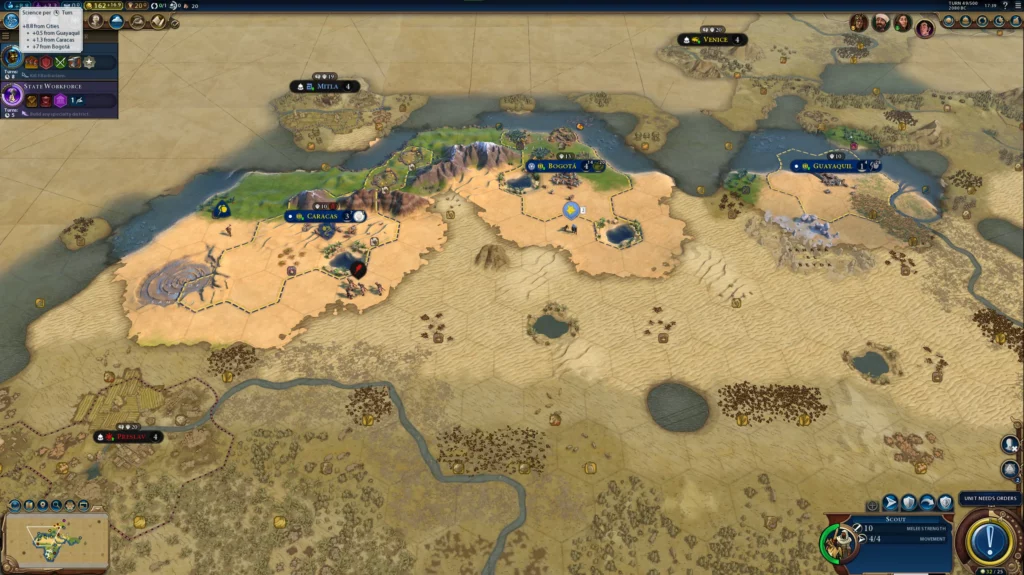A standard game of Dwarf Fortress begins with only a few dwarves and a grandiose dream. Slowly but steadily, you will be able to carve out a domain for them on the map, but you will ultimately require additional dwarfs.
Waiting for weddings and baby dwarfs takes time, so your fort will have to rely on immigration to keep its population up.
You will receive two guaranteed Migrant caravans before and after the winter after you begin the journey. It is the finest chance to recruit competent labor for in-demand occupations, and fortunately, these dwarves will visit the town regardless of any reason.
Here’s how immigration works in Dwarf Fortress, as well as how to recruit additional dwarves.

How To Get More Migrants in Dwarf Fortress
As previously said, raising your village’s population is the foundation of its wealth. Of course, you might aspire to start families and have children, but this is a time-consuming procedure. Migrants, on the other hand, are the greatest choice for a significant number of adult inhabitants with working specializations.
Unfortunately, the arrival of fresh Migrant Caravans is a random occurrence. However, this is only partially correct. After all, you may attract more migrants to Dwarf Fortress by paying attention to the following factors:
- Fortress Wealth.
- Fortress Location.
- Military Conflicts.
- Jobs and Living Spaces.
- Deaths/Births of the Residents.
All of these factors can either raise or decrease the likelihood of new migrants. But first, let’s take a closer look at the most important things to keep in mind when playing.
Village Location
The location of your stronghold is the first element determining the spawn of new migrants. If you live in a risky area, you may not see any new migrants for years. No one wants to live in your community if it is dangerously close to death or famine.
Settlements near bodies of water, on the other hand, will garner far more interest from dwarves seeking for a new home. The lack of military and monster attacks will also improve your village’s desirability.

